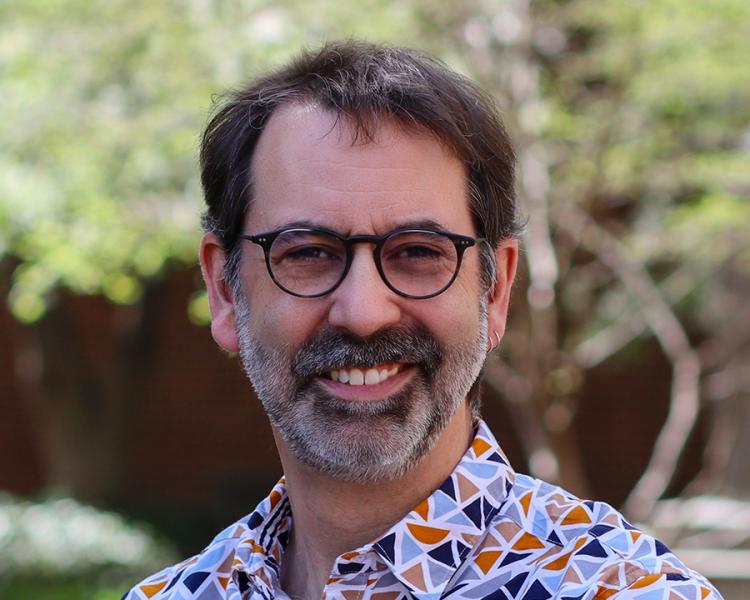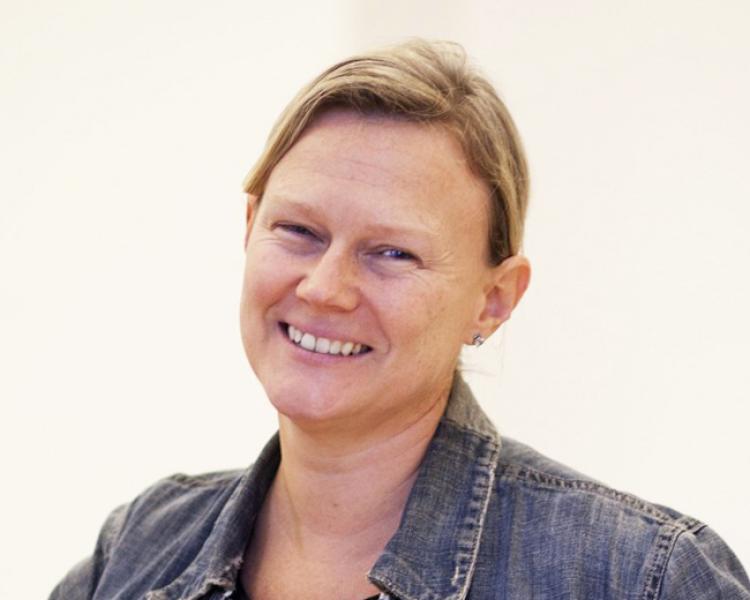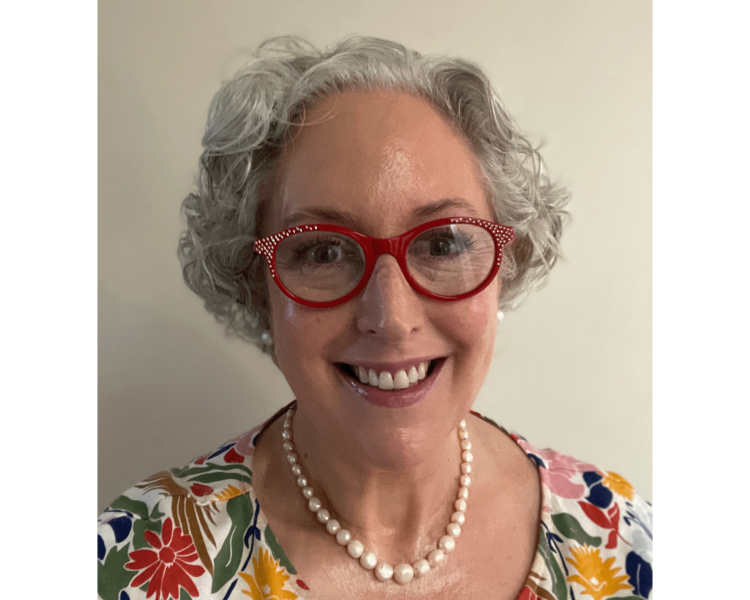We are immensely grateful for the effort and leadership provided by our Faculty Directors.

Dr. Alain Plante
Faculty Director, University Scholars
Alain Plante received his Ph.D. in Soil Science from the University of Alberta, in Canada. His research interests lie in the field of terrestrial carbon biogeochemistry, soil science, ecosystem ecology, environmental science and global change. He teaches a large introductory course in environmental science, and courses in soil science, biogeochemistry, and the Anthropocene. Prof. Plante is increasingly curious about the contributions of methods of knowledge generation outside of science to environmental problems, and completed an MPhil degree program in 2024 in the field of environmental humanities. As Faculty Director of the University Scholars, Prof. Plante seeks to foster a passionate fellowship of undergraduates interested in conducting research in any filed spanning the humanities, social sciences and natural sciences in all of the undergraduate schools. He helps direct programming through the academic year, coordinates the applications process into the program, and the funding of summer research projects.
Plante LabDr. Kimberly Bowes
Faculty Director, Benjamin Franklin Scholars
Kimberly D. Bowes is an American archaeologist and professor of Classical Studies at the University of Pennsylvania. She specializes in archeology, material culture and economics of the Roman and the later Roman world. Bowes obtained her Bachelor of Arts at Williams College in 1992 and a Masters of Arts with distinction from the Courtauld Institute of Art in 1993. She was a visiting fellow at Harvard University in 2001, completed her PhD at Princeton University, and began her career as a postdoctoral fellow and lecturer at Yale University in 2002. Prior to beginning at the University of Pennsylvania in 2010, Bowes taught at Fordham University (2004–2007), Cornell University (2007–2010), and the American Academy in Rome (2012–2014). She has previously served as the director of Integrated Studies Program, a freshman-year intensive liberal arts course for the Benjamin Franklin Scholars at the University of Pennsylvania.
From 2009-2015, Bowes co-directed the Roman Peasant Project in Italy with colleagues. The Project was the first systematic study of the lifestyles and experiences of Roman peasants in Italy, and was supported by the National Science Foundation, the Loeb Foundation and the Penn Museum. The final two-volume publication, The Roman Peasant Project 2009-2015: Excavating the Roman Rural Poor, was published by the Penn Museum and University of Pennsylvania Press in February 2021. She is currently writing a book on poor economics for the Roman empire. Tentatively entitled, Getting by under the Roman Empire: An Economic History of the 90%, the volume offers a critique of growth-centered, top-down models of Roman economic history, and posits in their place a series of household-level studies, grounded in new work in development economics, that interrogate the opportunities and stresses experienced by working people.
Dr. Bowes' Faculty Page

Dr. Sarah Kagan
Faculty Director, Fellowships
Sarah H. Kagan is the Lucy Walker Honorary Term Professor of Gerontological Nursing at Penn and Gerontological Clinical Nurse Specialist in the Joan Karnell Supportive Care Program for the Abramson Cancer Center at the Pennsylvania Hospital. She holds several international appointments in Nursing and in Public Health, in countries spanning Europe to Asia. These appointments, like her primary appointments at the University of Pennsylvania entail analysis and synthesis of considerations for aged populations, health and well-being in later life, and improving clinical practice in health and social care to the benefit of older people and their families. Professor Kagan is Editor in Chief of the International Journal of Older People Nursing. She serves on the Editorial Boards of four other journals – Cancer Nursing, Cancer Care Research Online, Geriatric Nursing, and Research in Gerontological Nursing. Professor Kagan’s education and training includes a Bachelor of Arts in Behavioral Science from the University of Chicago, a Bachelor of Science degree in Nursing from Rush University, and a Master of Science degree in Gerontological Nursing and a PhD from the University of California San Francisco. Since arriving at the University of Pennsylvania over two decades ago, Professor Kagan has focused her scholarship on undergraduate nursing education, care of older people, and qualitative research. She currently directs the University of Pennsylvania Benjamin Franklin Scholars in Nursing Program and two clinically-based undergraduate international exchange programs in nursing – one in the United Kingdom and one in Australia. In addition, Professor Kagan teaches virtually for the University of Pennsylvania in partnership with the University of Hong Kong focusing on comparative elder care and in a multinational nursing and midwifery exchange focused the Climate Crisis to achieve healthy climate. Professor Kagan maintains an active program of clinical scholarship and practice in Gero-Oncology nursing - a term she introduced into the literature in 2004. Her practice serves as a wellspring for her clinical scholarship and pedagogy as well as anchoring her understanding of the clinician-patient relationship and provision nursing care that is centered on the person and family. Commentators acknowledge Professor Kagan’s nationally and internationally as innovative, sophisticated, and clinically relevant. She is a fellow of the Gerontological Society of America and the American Academy of Nursing. Among the awards she has received for her practice, research, and teaching are the Sigma Theta Tau International Founders Award for Excellence in Nursing Practice. Professor Kagan was named a John D. and Catherine T. MacArthur Fellow in October 2003 and received an Honorary Doctor of Science degree from Oxford Brookes University in June 2013.
Dr. Kagan's Faculty Page